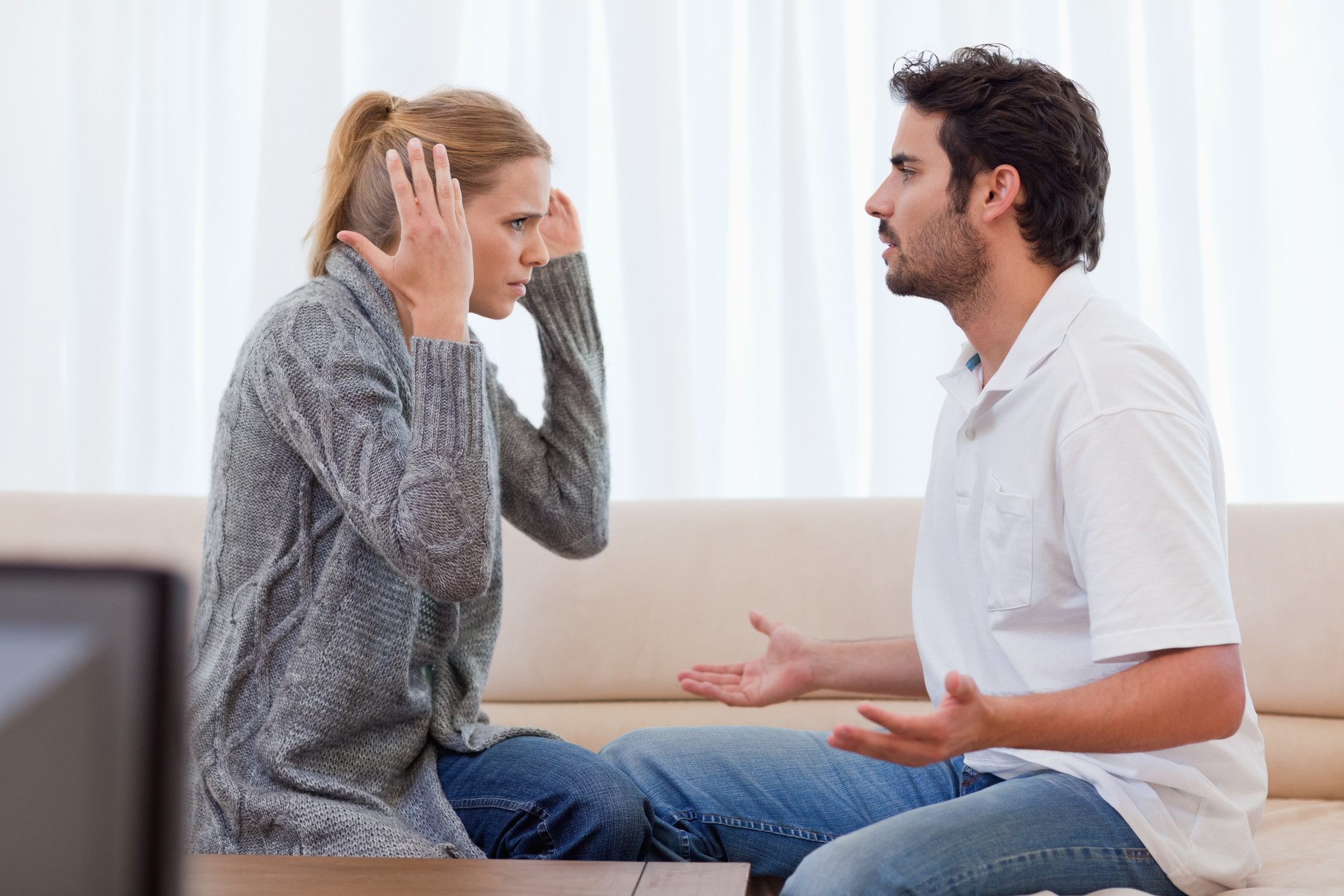How to fall in love…again

We recently had the joy of attending a presentation by Mike and Alicia Hernon from The Messy Family Project. Among the many pearls of wisdom was the reminder that ‘faking it till we make it’ was a legitimate strategy for strengthening our marriage and ‘falling in love’ with each other again.
Mike and Alicia pointed out when romantic feelings are hard to find, couples should wilfully act like they are in love and the feelings will follow. Emotions follow actions to recreate those ‘lovin’ feelings’.
It’s a principle that works in lots of areas of life, both negatively and positively.
We remember watching a demonstration by a lifestyle coach who was working with a woman with regular bouts of depression. He asked her to get in touch with her depressive feelings by recalling some of the thoughts she had when she was depressed.
Physically her posture and body expression changed. Her shoulders slumped, her head hung lower, she avoided eye contact and her movements became slower. Her entire body language became timid and self-diminishing.
After a few minutes, he asked her to tap into her anger. Her body expression changed again as she became more aggressive and defiant. He pointed out how her body was changing in response to her emotional state and suggested that it held the key to addressing her depression.
Most people think that body expression follows the emotion, that the body is simply broadcasting our internal emotional state. But this life coach wanted to demonstrate that the interaction between the body and emotions is more interactive.
He asked her to intentionally change her body posture back to the one she assumed when she was depressed and then report on her emotional experience. The depressive feelings came flooding back. When she moved her body into the anger posture, feelings of anger rose up.
It’s a well-established phenomenon that body language can cause the emotional state, not just express it.
Want to feel confident and capable? Behave the way a confident and capable person behaves – straighten your posture, lower the timbre of your voice, make eye contact and speak at a deliberate pace.
Want to feel calm and peaceful? Behave in ways that typify a calm and peaceful person – drop your shoulders, slow your movements, breathe deeply, lower the volume of your voice.
This phenomenon explains why the ‘fake it till you make it’ strategy works in all sorts of scenarios including career, sport, artistic performance and relationships.
When we apply this principle to love and romance, it raises an interesting question: do people first feel ‘in love’ and then act accordingly? Or do people fall in love because they adopt the behaviours typical of lovers?
A classic reinforcing cycle
We suspect it’s a bit of both, a classic reinforcing cycle. We begin a conversation that is more personal than usual. The positive response from the other triggers feelings of affection and trust. We take a risk and increase our vulnerability. If the response continues to be positive, we’ll risk more vulnerability and will affirm acts of vulnerability from the other.
This mutual exchange of vulnerability and affirmation builds trust and affection in a reinforcing cycle that is matched internally by the release of neurotransmitters in the brain that are associated with the experience of being ‘in love’.
Depending on how advanced the trust, when this positive cycle is interrupted by a negative exchange, it will either be temporarily slowed or derailed completely. Many romances fail to eventuate because one or both ‘put their foot in it’ before enough trust is established to be able to carry the relationship through the inevitable speed humps.
More mature relationships with deep trust will be able to bounce back from isolated incidents of negative exchange, but even these can be worn down when negative exchanges are frequent and persistent. If the positive exchanges decline while the negative ones become more pervasive, we’ll enter a season of disillusionment in our marriage.
Almost every relationship will encounter seasons when the feelings of being ‘in love’ are simply absent. Either due to insufficient time together to keep those positive exchanges topped up, or to a series of harmful exchanges, at times even the memory of being ‘in love’ can be hard to find.
Which brings us back to the Hernons’ advice for married couples about falling love again: act as if we are ‘in love’ and the feelings will follow.
Most people believe that falling in love just happens, that it is a spontaneous reaction over which we have no control. This is because when it first happens, we generally overlook the very real effort we put into making it happen.
That’s because it felt easy; when something is enjoyable we don’t notice the effort. And you’ve got to admit, falling in love is kind of fun. When the fun stops, that’s when it starts to feel like hard work. Every married couple knows what this like.
When couples talk about marriage being hard work, the implication is that falling in love was effortless. The truth is, it may have been easy, but it was never effortless. And if it took effort in the beginning, it will surely take effort throughout our marriage.
So, we need to learn to how to fall in love and make it a priority, not just once or twice, but many times throughout our marriage. That’s where the idea of faking it till you make it comes in.
Far from being fraudulent or inauthentic, when we act as if we are in love, even when we don’t feel like it, we are actually making a truly loving gesture.
St Thomas Aquinas said that “love was willing the good of the other”.
In truth, it’s not really faking anything, it’s being other-centred and wilful in our loving. But hey, the ‘fake it till you make it’ slogan is more memorable and easier to say to ourselves.
Acting as if we are in love in order to regenerate the feelings of being in love, is one of the most genuinely loving things we can do for each other. It takes conscious focus, deliberate self-denial and persistent effort.
Falling in love with our spouse, whether it’s for the first time or the nth time, is never without effort. When we’ve lost those ‘lovin’ feelings’, one of the best strategies is to put our will in the driver’s seat so we can ‘fake it till we make it’.




